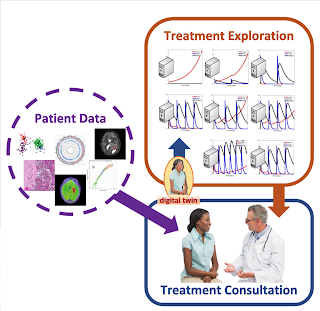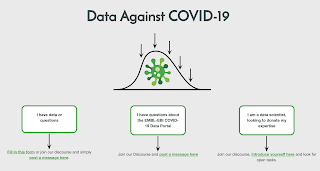Tapping into the vast STEM talent pool in India to solve global healthcare challenges
 |
Tapping into India major talent pool to solve global healthcare challenges in research and delivery |
EduTech India, 2020
Clearly, educating the masses in health services research and delivery is a great way to begin addressing these challenges. As part of a delegation from Georgetown University, I had the great honor of participating and speaking with many high school and undergraduate students from Indian schools and colleges about our new graduate program in Health Informatics and Data Science at the EduTech Conference and Expo. The key theme of EduTech India, 2020 was to be the single platform that supports Indian educational institutions on innovative educational programs at home and abroad, technology infrastructure and funding. Tracks included Women in education, Career counseling, Latest trends in education that go beyond the syllabus, and Novel startups in education technology. The energy was palpable throughout the three days of the conference at the heart of the busy city of Mumbai.Tapping into the vast STEM resources in India to transform healthcare globally
As an immigrant to the United States who came for graduate studies almost 20 years ago, I couldn't help but put myself in the shoes of students at EduTech and various undergraduate colleges during our visit last week. Many of them dreamed of entering a US University for undergraduate or graduate studies to help address these healthcare challenges they see around them. While technology has improved access to counseling and coaching for standardized tests, essays and other graduate admission requirements, the disparities in access and affordability of higher education both within and outside of India were apparent. If only I had a penny every time a student or a parent asked about the cost of higher education in the US...topic for another blogpost.Our discussions with prospective students focused on many important topics. Students are already wondering about lack of healthcare data as one of the major drawbacks. Currently, less than 5% of healthcare data is collected and stored in India. On my plane ride back to DC, I wondered about that young lady who wants to be a data-driven future endocrinologist to help alleviate the diabetes burden of the country with personalized lifestyle recommendations and that future neuroscientist who wants to use AI to enable people with paralyzed limbs to reach out and grasp. We will be lucky to have this top talent from India join us for higher studies and research as we continue our quest for data insights that can advance human health.



Comments
Post a Comment